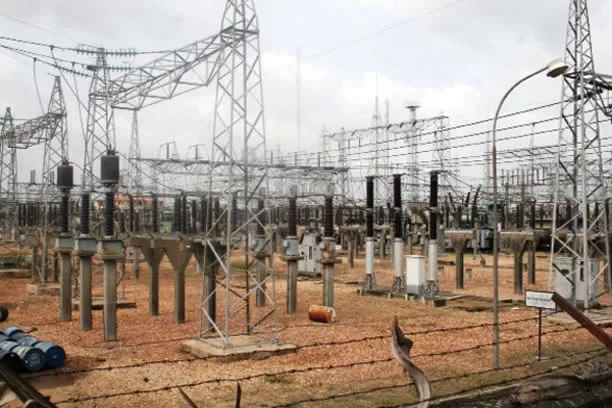Despite efforts by the Nigerian Security and Civil Defence Corps and heightened surveillance measures, 18 electricity transmission towers have been destroyed by vandals within five days, posing a significant threat to the nation’s power grid and socio-economic stability.
The Transmission Company of Nigeria revealed on Sunday that the incidents, which occurred between January 9 and 14, 2025, in Rivers, Abia, and Kano states, will require an estimated N1.9 billion for repairs.
On January 10, TCN’s Port Harcourt Regional General Manager, Emmanuel Okpa, disclosed that towers 171 through 181 and tower 184 along the 132kV Owerri/Ahoada line in Rivers State were severely damaged. Further damage was reported on January 14 when towers 146, 147, and 149 were destabilized due to the removal of base brackets.
In Abia State, Azuh Lucky, Head of the Lines Department, confirmed the theft of bolts, nuts, and structural components from towers 160 to 162 on the Alaoji/Umuahia 132kV line during ongoing repairs on January 13.
Similarly, in Kano, towers 105, 106, and 107 along the Katsina-Gazoua 132/33kV transmission line were targeted on January 9, leaving them structurally compromised.
The effects of vandalism were also felt in Abuja, where a 32kV transmission line and underground cables supplying power to central parts of the Federal Capital Territory, including the Presidential Villa, were damaged on January 17 near Millennium Park.
This incident plunged parts of the city, including the Villa, into darkness, further exposing the vulnerability of the power infrastructure.
The rising cases of sabotage add to an already bleak record for Nigeria’s power sector. In 2024 alone, 119 transmission towers were destroyed by vandals, contributing to 12 national grid collapses and a loss of 32,800 megawatts of electricity.
TCN’s General Manager of Public Affairs, Ndidi Mbah, lamented the recurring vandalism, stating that constant repairs to compromised installations drain financial resources and derail efforts to expand and stabilize the electricity network.
“These acts of sabotage not only undermine our grid expansion plans but also pose a serious threat to socio-economic development across the country,” Mbah said.
The ongoing destruction of critical power infrastructure highlights the urgent need for improved security measures, stiffer penalties for offenders, and greater community involvement in safeguarding electricity installations. Experts warn that the repeated attacks could further delay











